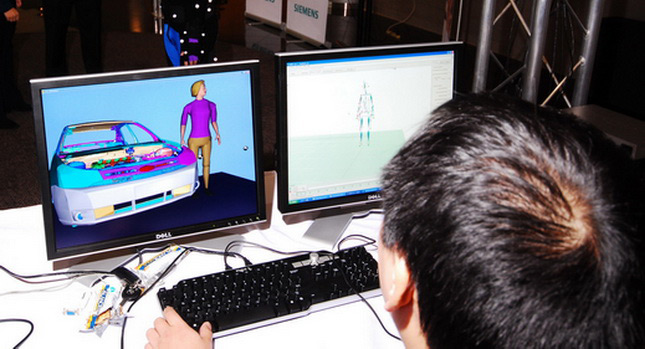Industrial espionage in the United States is on the rise in most sectors. The U.S. Immigration and Customs Enforcement Homeland Security Investigations (ICE HSI) opened 1,212 intellectual property rights cases in the fiscal year ending September 30, 2011 – an increase of 66 percent compared to 2009.
The automotive industry is no exception: General Motors, Ford and Toyota have been the targets of such actions, with former employees stealing and sharing information with foreign rivals.
Assistant U.S. attorney Cathleen Corken described a case in which a Ford employee stole thousands of secrets in order to secure a job with another company, according to a report from Automotive News.
Xiang Dong Yu, also known as Mike Yu, worked for Ford from 1997 to 2007 as a product engineer. In 2005, he went to China and interviewed for a job with several local car companies.
That, in itself, would be no crime if Yu hadn’t revealed the Blue Oval’s trade secrets to his potential new employers and hadn’t told Ford that the reason he travelled to China was to take care of his sick mother.
Yu was hired by JAC Automotive but was not satisfied with his new job, so he returned to Ford.
He didn’t intend to stay for long, though. In December 2006, he accepted a job offer by Chinese electronics manufacturer Foxconn, but he didn’t inform Ford until January 2, 2007, when he was making living arrangements in his homeland.
All would be fine and dandy if Yu hadn’t…copied around 4,000 Ford files that included sensitive information about engine and transmission mounting, electric power supplies and electrical subsystems to an external hard drive before his departure.
Yu must have never heard of the famous quote “hell has no fury like a woman scorned”, which caused his downfall. His ex-girlfriend sent Ford an anonymous e-mail informing the carmaker of its former employee’s actions.
On October 2009, Yu, who was now working for Beijing Automotive Group, was arrested in Chicago after returning from China to the States.
The FBI found 41 Ford design documents in his company laptop. The automaker estimated at the time that its losses due to this incident in labor costs were between US$50-100 million!
Yu pleaded guilty in federal court on two counts of theft of trade secrets and received a 70-month sentence in a federal prison, as well as a US$12,500 fine.
Corken said companies need to be more careful in safeguarding their secrets. For example, employees who leave should certify that they have returned all documents or electronic devices with company information, and their e-mails should be preserved even after their departure.
By Andrew Tsaousis
Story References: Automotive News
PHOTO GALLERY








